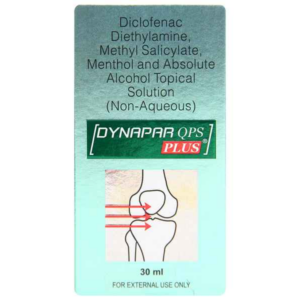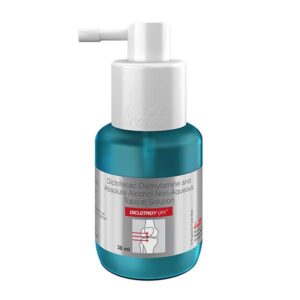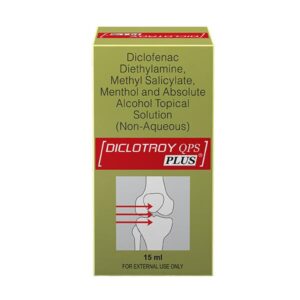ALCOHOL + DICLOFENAC DIETHYLAMINE
Alcohol: Drug Name: Alcohol
Use: Alcohol is a widely consumed beverage. It is used recreationally for its depressant effect on the central nervous system, producing feelings of relaxation and euphoria. It is also used socially in social gatherings and celebrations. Additionally, alcohol is sometimes used as a solvent in pharmaceutical preparations.
Mechanism of Action: Alcohol, chemically known as ethanol, works primarily by affecting the neurotransmitter gamma-aminobutyric acid (GABA) in the brain. It enhances the inhibitory effects of GABA, thereby slowing down the activity of the central nervous system, leading to reduced anxiety, sedation, and relaxation. Alcohol also influences the dopamine and serotonin systems, contributing to pleasure and reward sensations.
Dose: The dose of alcohol varies depending on the individual, tolerance, and desired effects. Consuming moderate amounts of alcohol is generally considered safe. The recommended limit for moderate drinking is up to 1 drink per day for women and up to 2 drinks per day for men. However, excessive or binge drinking can have serious health consequences and should be avoided.
Side Effects: While alcohol may produce pleasurable effects initially, it can have numerous negative effects on the body and mind. Short-term side effects include impaired judgment, impaired coordination, slurred speech, slowed reaction times, dizziness, nausea, and vomiting. Excessive consumption of alcohol can result in alcohol poisoning, which may include symptoms like confusion, stupor, unconsciousness, slow or irregular breathing, and even coma or death in severe cases.
Long-term heavy alcohol use can lead to chronic health problems such as liver damage (such as cirrhosis), cardiovascular disease, pancreatitis, increased risk of various types of cancer, and brain damage. Prolonged alcohol abuse can also lead to addiction or alcohol use disorder (AUD), characterized by a compulsive need to consume alcohol, loss of control, and withdrawal symptoms when attempting to stop or cut down.
It is important to note that alcohol does not mix well with certain medications and can interact negatively, potentially leading to intensified side effects or reduced effectiveness of drugs. It is advisable to consult healthcare professionals or read prescription labels when using medications with alcohol.
Overall, while alcohol can be enjoyed responsibly in moderation, excessive or long-term use can have severe health implications. It is essential to drink responsibly and be aware of the potential risks associated with alcohol consumption.
Diclofenac Diethylamine: Diclofenac Diethylamine is a non-steroidal anti-inflammatory drug (NSAID) that is used to alleviate pain, inflammation, and swelling. It belongs to a class of drugs called phenylacetic acid derivatives.
The mechanism of action of Diclofenac Diethylamine involves inhibiting the production of chemicals in the body called prostaglandins. Prostaglandins are responsible for mediating pain, inflammation, and fever. By inhibiting their production, diclofenac diethylamine helps in reducing pain and inflammation.
This drug is available as a topical gel or solution and is typically applied to the skin over the affected area. It should only be used on intact skin and not applied to open wounds, cuts, or infections.
The recommended dose of Diclofenac Diethylamine varies depending on the severity of the condition being treated. However, generally, a small amount of gel or solution should be applied three to four times daily, with each application covering the affected area completely. It is important to follow the instructions provided by your healthcare provider or as mentioned on the product’s packaging.
Common side effects of Diclofenac Diethylamine may include skin irritation, itching, redness, and dryness at the application site. These side effects are usually mild and temporary. However, if any serious side effects occur, such as severe skin irritation, allergic reactions like rash or difficulty breathing, or stomach pain, it is essential to seek medical attention immediately.
As with any medication, it is important to inform your healthcare provider about any existing medical conditions, allergies, or other medications you are taking before starting diclofenac diethylamine. They can provide more personalized information and make sure it is safe for you to use.




